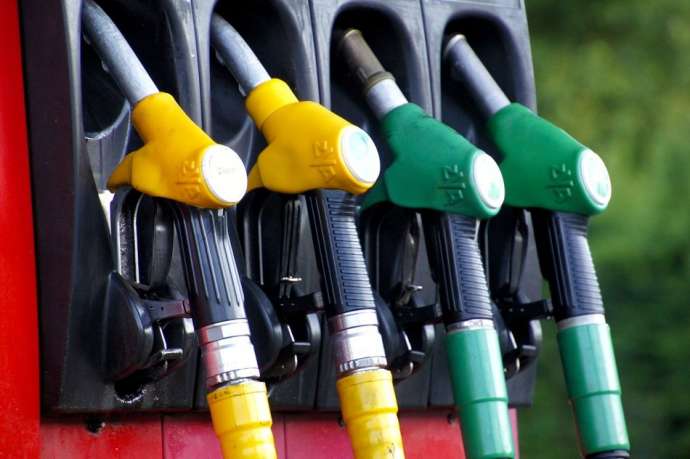STA 10 May 2022 - Prices of petroleum products increased again on Tuesday after surging on 1 May when the government lifted a 45-day price cap. The prices of regular petrol rose from 6.0 to 6.5 cents per litre, while diesel went up a bit less. Robert Golob, the most likely new PM-elect, has announced his government will re-introduce price regulation.
A litre of regular petrol outside motorways and expressways now costs EUR 1.717 at Petrol and MOL Slovenija filling stations and EUR 1.714 at OMV Slovenija's, which is around 6 cents more than on Monday. The price of regular along motorways is around EUR 1.78 at all three largest providers.
A litre of diesel cost just over EUR 1.85 on Monday outside motorways and expressways, while it is now at EUR 1.862 at Petrol and MOL Slovenija's stations and EUR 1.856 at OMV Slovenija. Along the motorways, diesel costs just over EUR 1.92.
Fuel prices surged when the price regulation was lifted, with regular petrol rising by about 8% and diesel by more than 20% on 1 May.
The Janez Janša government introduced a cap on energy prices in mid-March to mitigate the rising prices of energy on global markets.
When deciding against extending the cap at the end April, it said the markets had stabilised over the past month and a half.
Prices are thus expected to be further rising, especially in case of an embargo on Russian oil.
However, Freedom Movement leader Golob said on Monday the new government would introduce energy price regulation, targetting not just fuel but also other energy sources.
Asked whether prices would be just regulated or also subsidised, he said it was necessary to see what the situation in the world and in neighbouring countries will be.
The Chamber of Commerce and Industry (GZS) meanwhile urged the government "to temporarily regulate prices on the wholesale market and compensates oil traders".
"This would limit the uncontrolled fuel price rises and as a consequence curb the general rise in the prices of services and products," the GZS said in Tuesday's release.
The chamber argues that higher fuel prices have a major impact on the commercial transport sector, rising prices of transport services, which causes a spiral of price hikes in other sectors and making most goods and services more expensive.
A GZS analysis has shown the price of fuel represents as much as 30% of the cost of the price of transport, "which means many transport providers are forced to consider rising the price of transport services to remain profitable".







